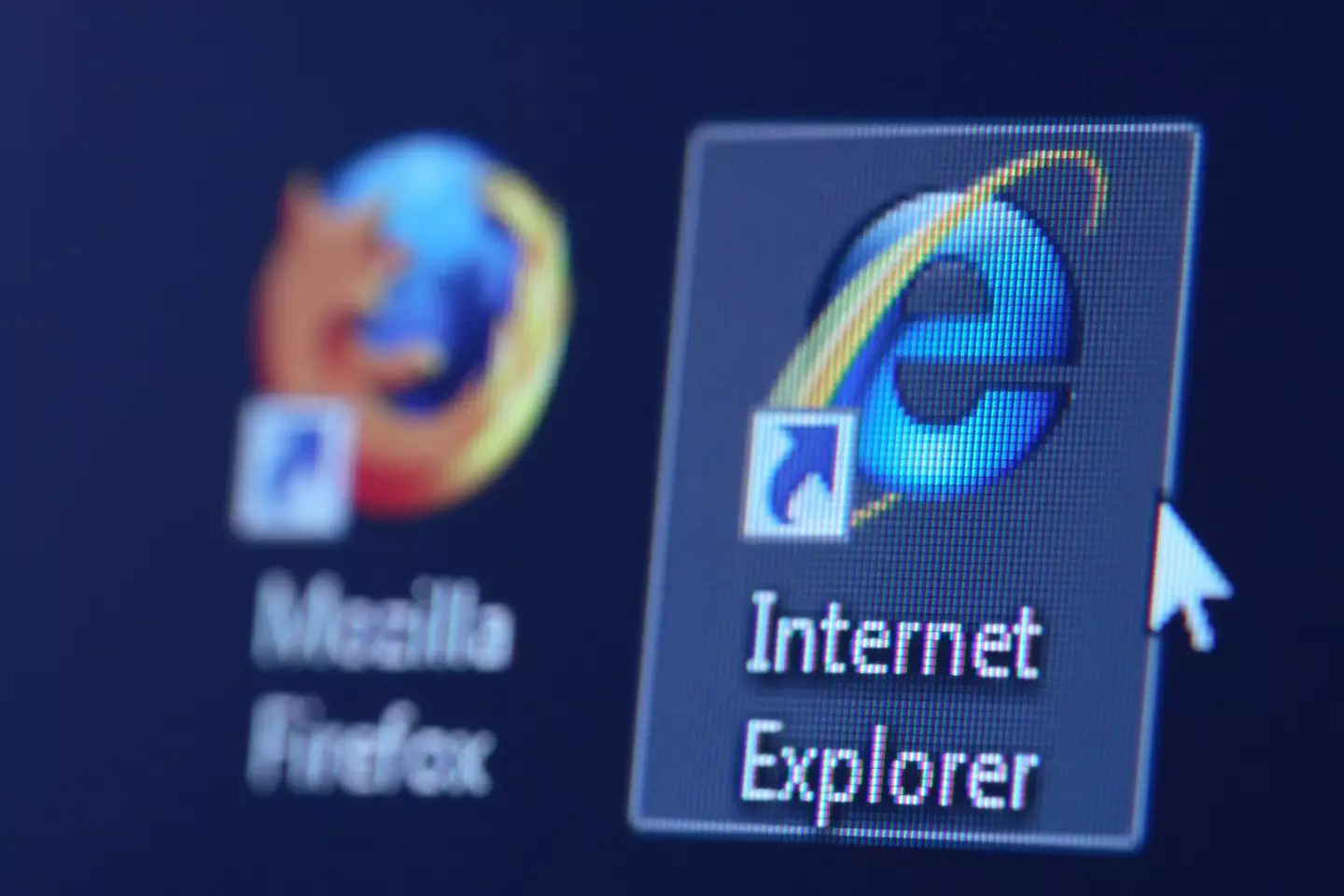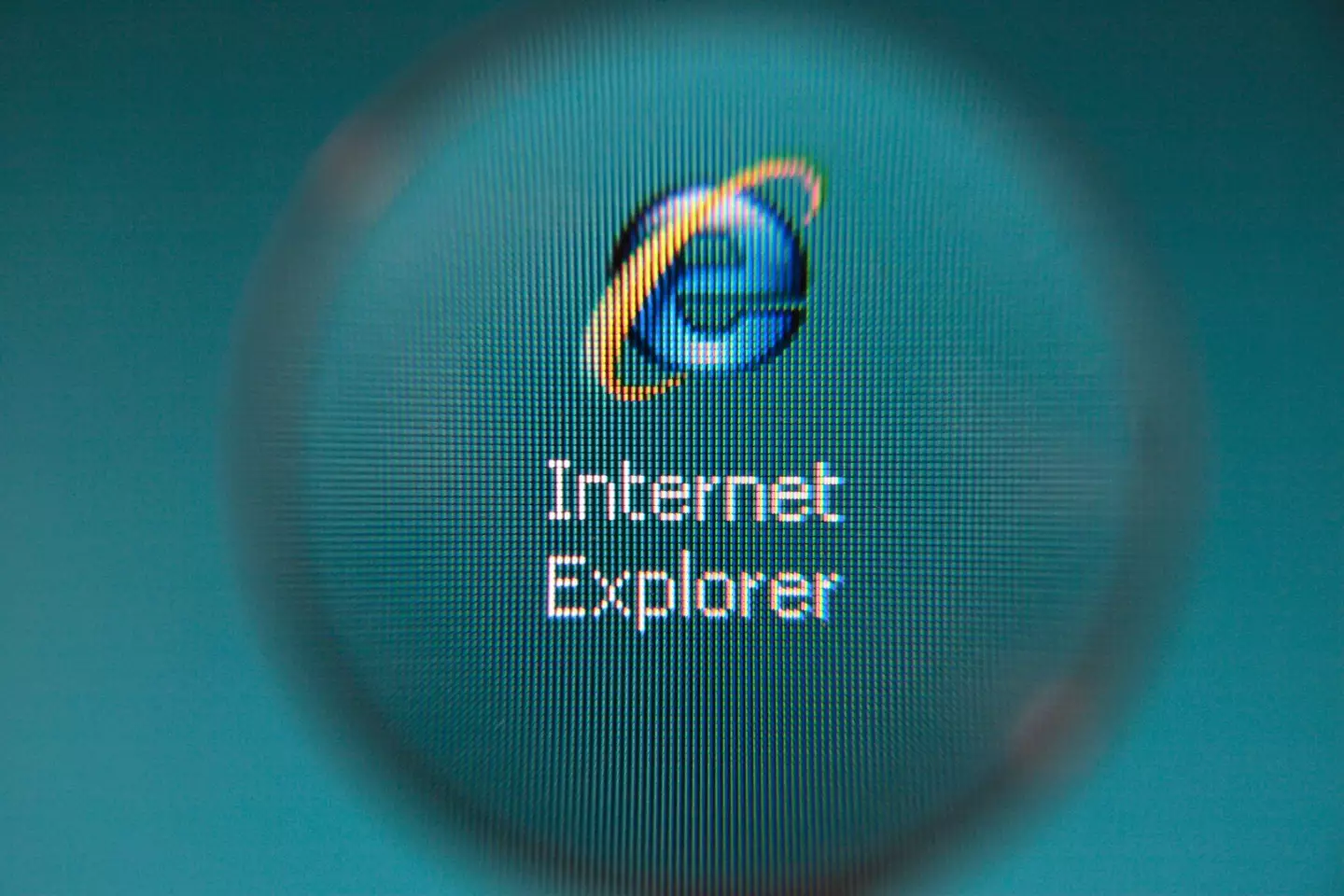
It's no secret that the internet has changed irrevocably, and now one of its most iconic browsers is finally going to the digital graveyard.
Internet Explorer, which was released way back in August 1995, will finally die today (14 February) despite once being the main browser on the planet.
However, this was, admittedly, back in 2002, when Internet Explorer powered 96 percent of website visits, but for some, it soon became a means to download more modern replacements like Chrome and Firefox.
In fact, it even became somewhat of a joke that this was the only function of the once-popular browser, with one Twitter user referring to it as the '#1 Chrome installer of all time'.
Advert
So, you can see why it's about to be retired for good.

However, it is worth noting that there was a time when Internet Explorer was revolutionary.
It was amazingly simple and it got where you needed to go in just a few clicks, and after Microsoft started bundling it in for free with Windows software, it soon became ubiquitous.
Such was its dominance that there was a time in the early Noughties that websites were specifically designed to display in Internet Explorer and would break when viewed in another browser.
But the browser unfortunately was a victim of the times, and the last time it actually received an update was back in 2013.
As a result, people have gone elsewhere in search of a faster, more streamlined experience, with less error messages.
Even Microsoft themselves have moved away from their once popular browser, and encouraged users to download Microsoft Edge instead.

Last year, Microsoft Edge program manager, Sean Lyndersay, said: "Not only is Microsoft Edge a faster, more secure and more modern browsing experience than Internet Explorer, but it is also able to address a key concern: compatibility for older, legacy websites and applications.
"Microsoft Edge has Internet Explorer mode ('IE mode') built in, so you can access those legacy Internet Explorer-based websites and applications straight from Microsoft Edge."
And Chris Jackson, the cybersecurity chief of Microsoft, wrote in a blog post that while Internet Explorer was once favoured because its simplicity, 'developers by and large just aren't testing for Internet Explorer these days, they're testing on modern browsers'.
In a nutshell, if you've kept using Internet Explorer all this time, while some websites would have still worked fine for you, newer, more advanced parts of the internet would have simply been inaccessible.

While Internet Explorer was technically retired last year, today is a significant day in its ongoing death because the desktop application is being permanently disabled.
According to Microsoft, it will be then replaced by a Microsoft Edge update, if you are using specific versions of Windows 10.
After today, the final part of the browser's burial - so to speak - will take place on 13 June when the Internet Explorer icons will be removed from the Start Menu and taskbar as part of the scheduled security update.
RIP to an internet icon - literally and figuratively.
Topics: Technology, Microsoft
